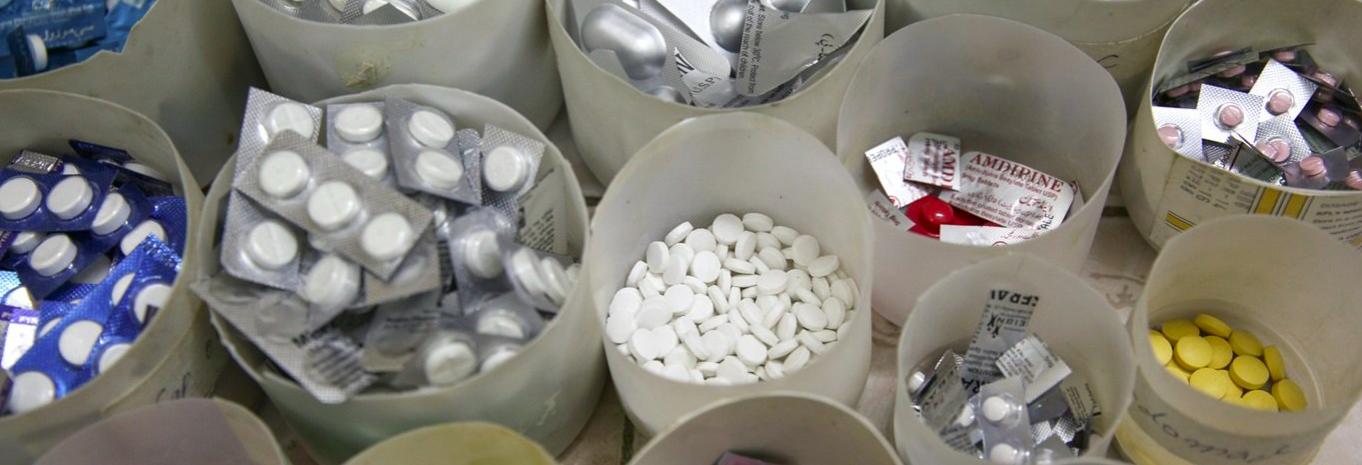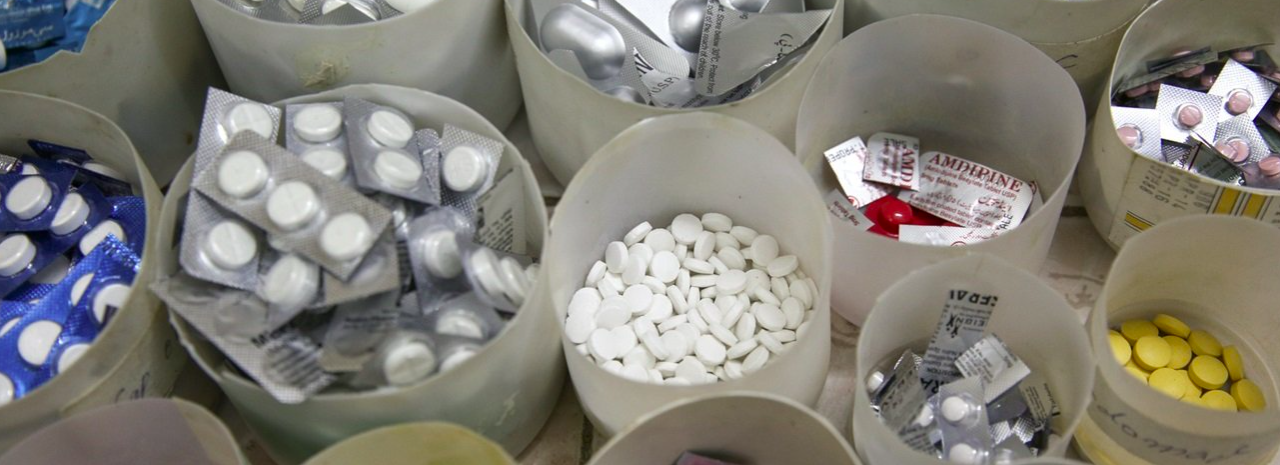
In a landmark move reshaping the pharmaceutical landscape, the European Commission has unveiled its inaugural list of critical medicines, marking a significant stride in an overhaul of regulations governing the pharmaceutical industry. This transformation, the most extensive amendment to medical laws in two decades, aims to prevent shortages of essential drugs worth 136 billion euros ($148 billion).
The Commission’s initiative seeks to ensure widespread access across Europe to both innovative treatments and generic medications while bridging the gaping disparities in access and pricing among member countries.
Clarifying the list’s purpose, the Commission emphasized that inclusion doesn’t predict imminent shortages but underscores the pivotal need to prevent scarcities for these specific medications.
The comprehensive list, released by the European Medicines Agency, encompasses a broad spectrum of indispensable generic medicines, spanning basic antibiotics like amoxicillin, pain relievers such as paracetamol and morphine, and insulin crucial in diabetes treatment. Additionally, it includes vital vaccines like those for measles, hepatitis B, and tetanus, among others.
This milestone marks the conclusion of the initial phase in drafting the Union list, with further revisions and extensions planned for 2024 to include authorized medicines in the EU not yet part of the initial version.
Amid concerns over supply chain resilience and dependency on major drug-producing countries like China and India, several member states advocate for a Critical Medicines Act similar to the Critical Minerals Act.
As an interim measure while finalizing the new pharmaceutical rules, the Commission introduced short-term initiatives in October to avert medicine shortages during the upcoming winter and beyond.
The proposed law also includes measures to reduce the exclusivity period for drugmakers from ten to eight years before generic medications can enter the market. European pharmaceutical leaders caution that this reduction might impede medical innovation in the EU.
Lars Fruergaard Jorgensen, Novo Nordisk’s CEO, voiced concerns in November, highlighting that the reduced exclusivity period wouldn’t cover the investment in development and marketing costs for pharmaceutical companies. This debate underscores the delicate balance between ensuring access to critical medicines and sustaining innovation in the pharmaceutical industry across the European Union.









